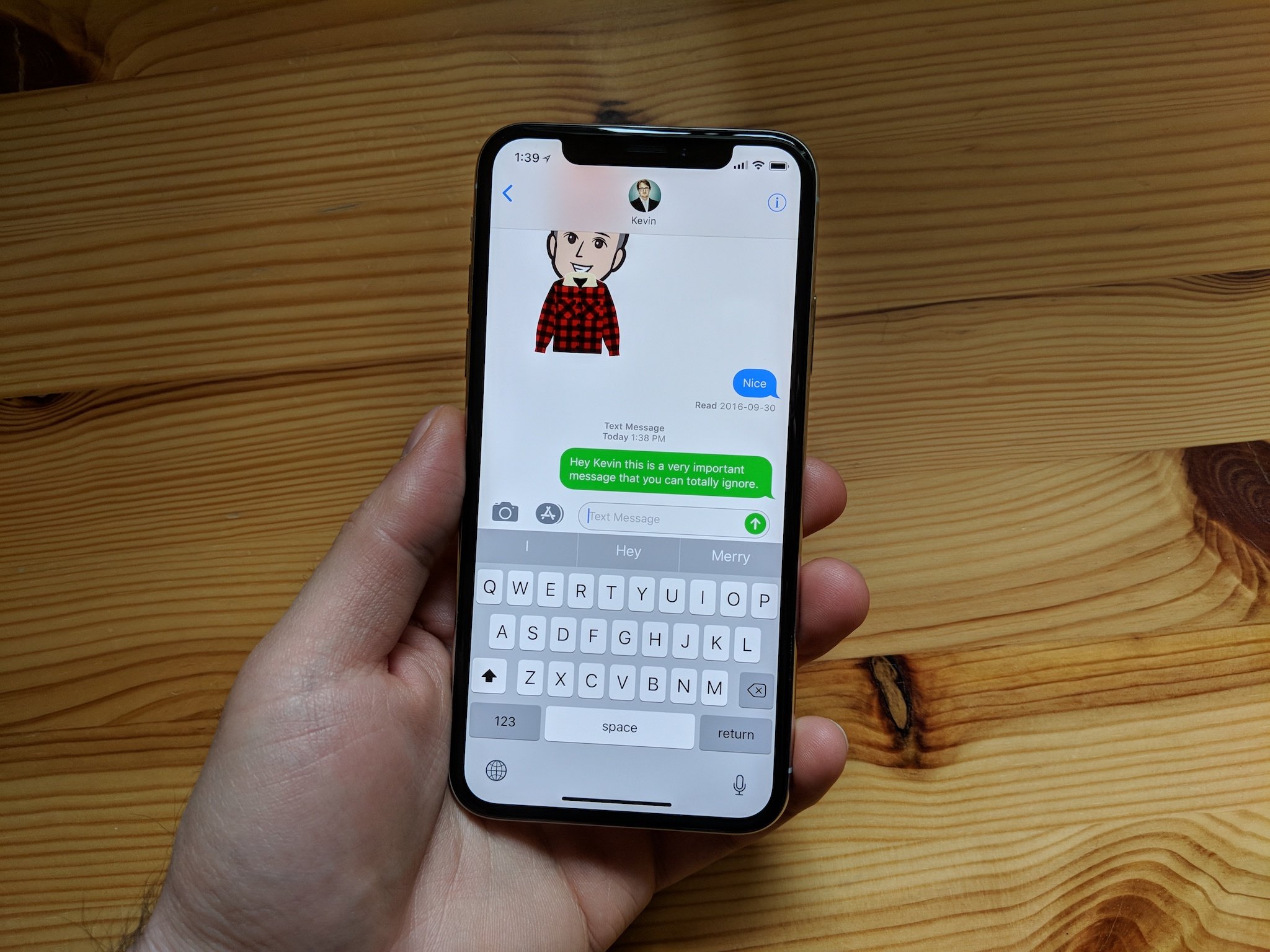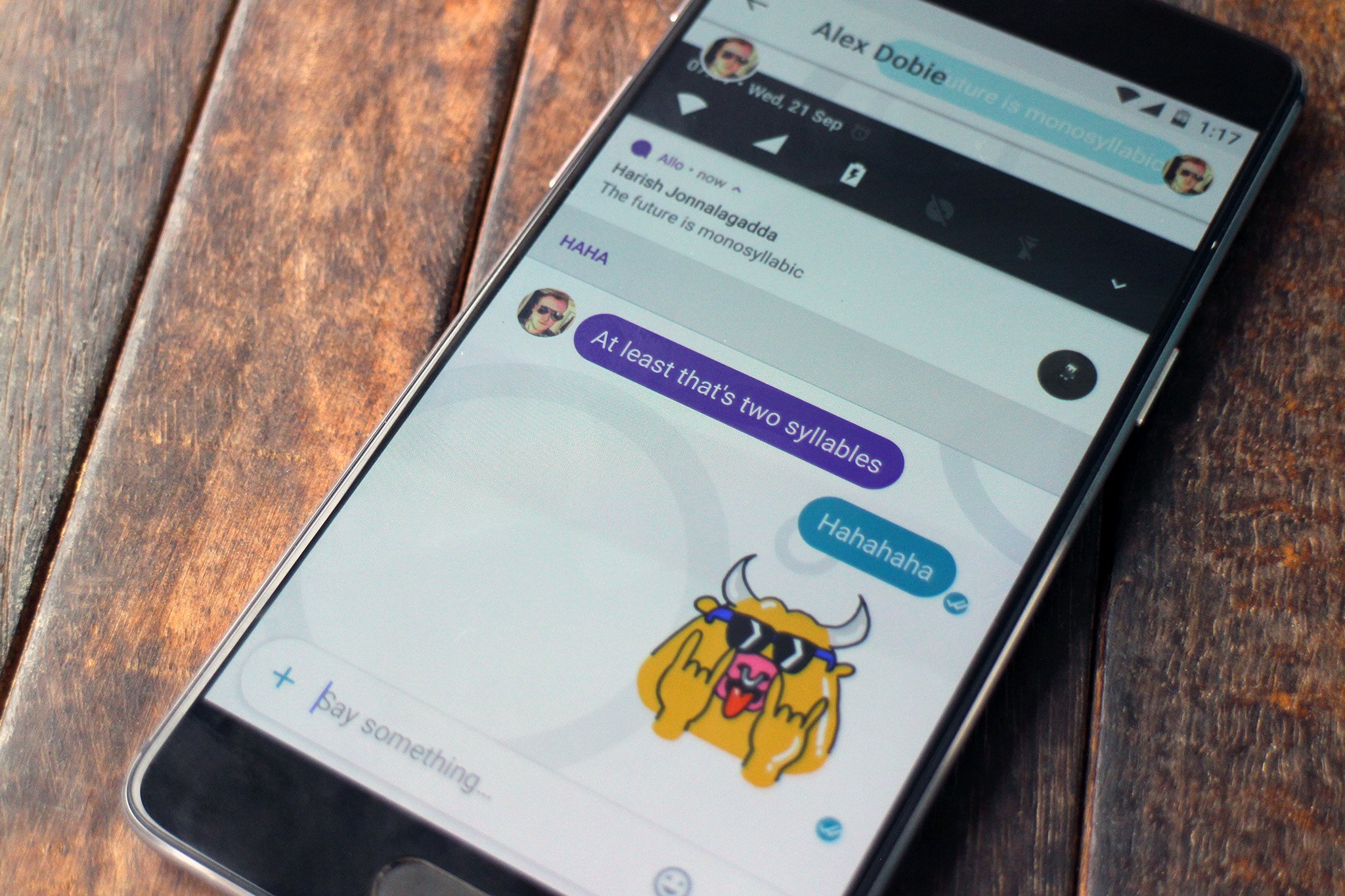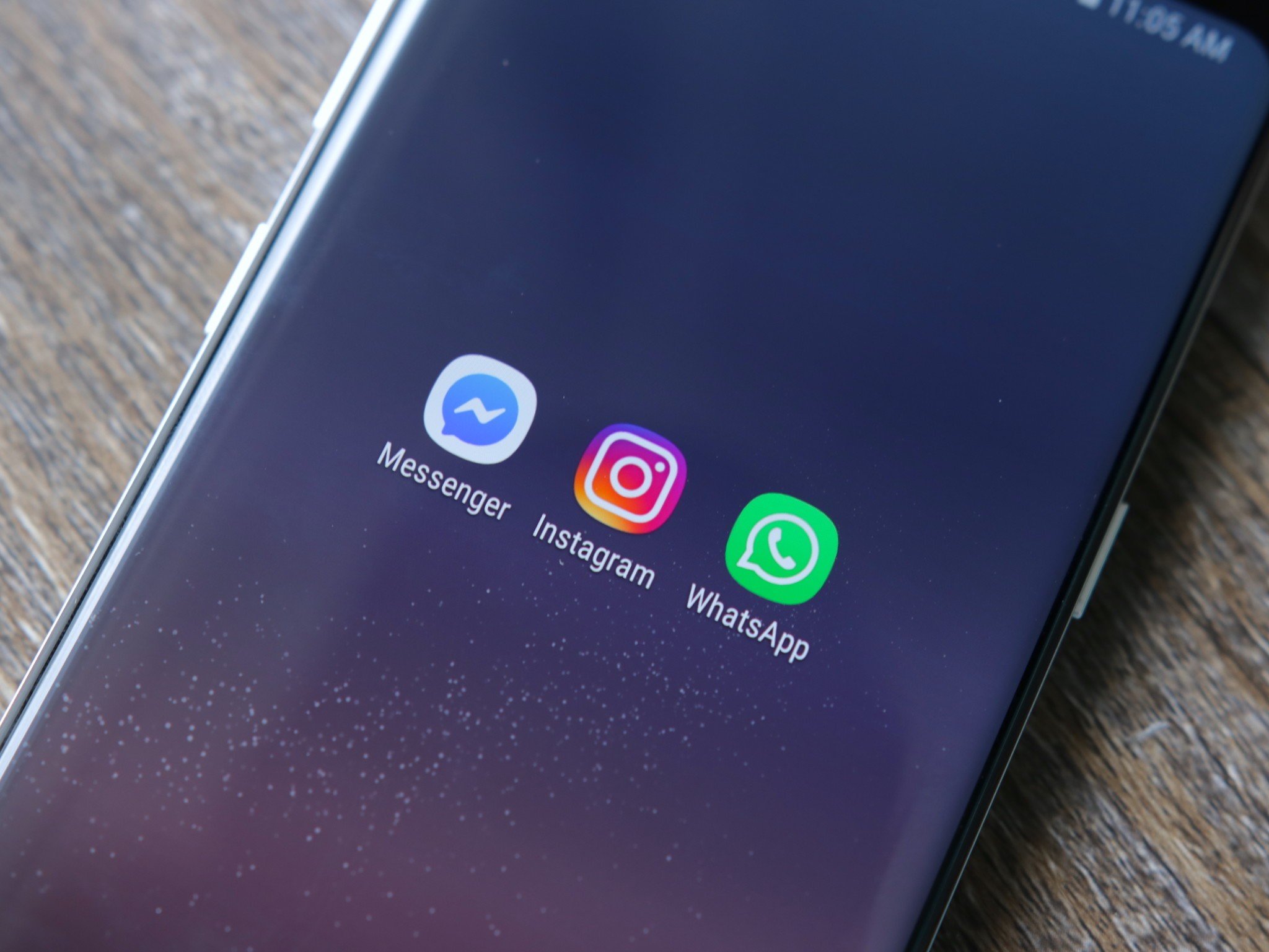This week, I received a new Android phone in the mail. I removed its plastic wrapping, opened the top, unfurled the hastily-placed screen protector and turned it on. When I booted it up, I logged in with my Google account, restored from a backup of my Pixel 3, and waited for the 80 or so apps I regularly use to restore some or all of their user data.
This is my routine for getting a new phone, and it allows me to get up and running, thanks to Google Cloud Backup, in about 30 minutes. It's a tantalizing and delightful taste of automation, but its usefulness is only as good, and as engaging, as the apps on my phone.
Android has a messaging app abundance, but it's often too much of a good thing.
With messaging being the quintessential smartphone experience, and with the definition of 'social networking' expanding to include feeds like YouTube, Twitch, Reddit, and even Fortnite, communicating on a smartphone is often disjointed and frustrating.
Everyone has a preferred means of communicating, and while the ownership of many of these tools has consolidated over the years — looking at you, Facebook — the choices themselves have proliferated.
On Android phones, the messaging conundrum is no secret, and Google's done nothing to help the problem by seemingly releasing, or modifying, its flagship messaging tool every few months. Allo, goodbye.
The maelstrom of choice is exacerbated by geographic divisions; WhatsApp is popular in much of Europe and South America, while WeChat is preferred in China, Kakao in South Korea and Line in Japan. Facebook Messenger has an enormous built-in audience of Facebook users but it's normally considered the path of least resistance, rather than the preferred option, for its hundreds of millions of users. And then there's iMessage, which is the default messaging platform (and widely considered a social network) on Apple-built devices, but its dominance doesn't extend beyond North America.
Still, iPhone users love iMessage, and their reasons for amity are not surprising: its seamless integration with regular text messages means that you don't need to open a separate app. Once Apple's servers detect whether a recipient — via phone number or email address — is part of the iMessage database, it switches the bubbles from green to blue.
Google's tried to compete with iMessage, directly and indirectly, for years. Hangouts and Allo fizzled as consumer products, so it's worked with the GSMA — the standards body and carrier advocacy group — to implement RCS Univeral Profile across a number of devices. Heralded as the Great Messaging Unifier, RCS builds on traditional SMS in the same texting app that ships with your phone.
While right now it's limited to a few apps and carriers, the eventual goal is for every phone on every carrier to natively support RCS and make something like iMessage for Android unnecessary.
Except for one thing: end-to-end encryption. The Verge's Dieter Bohn argued earlier this year that there's a "moral case for iMessage on Android," noting that while there isn't much of a business case for Apple to bring iMessage to Android, there is one that appeals to the greater good.
Every time I hear Tim Cook talk about privacy as a human right, I think about the biggest thing his company could do to help ensure that privacy: spread the ability for people to have conversations that are safe from government snooping across the world. And the largest, most impactful way Apple could do that is to release iMessage on Android.
RCS brings most of the features we take for granted in nearly every messenger — support for longer conversations, high-quality images and video, scalable group chats, file transfers, and lots more — to the Android user's native SMS app. Similar to iMessage, once two devices "shake hands," all of these features kick in automatically. In practice, the experience is quite similar to iMessage, with one important difference: RCS does not support end-to-end encryption.
Services like iMessage, WhatsApp, Signal, and with some tweaks, Telegram and Facebook Messenger, encrypt communications between the sender and receiver, so there's no possibility of interception or surveillance. While governments are increasingly decrying the use of encryption as they attempt to prevent terrorism, it's seen as similarly indispensable for consumers looking to maintain a semblance of control over their online privacy.
And while WhatsApp is bigger than iMessage, Facebook's encroaching overbearance over the service, and its inevitable back-end integration with Messenger and Instagram, have given many of its users pause. Other options, like Signal, are more extensible but more difficult to use, and like WhatsApp don't sync across multiple devices.
Which brings us back to iMessage. A small but vocal set of people continue to argue that Apple should bring iMessage to Android. As recent as six months ago, the notion would have been absurd — the company's finances didn't warrant any such entreaty to the other side. But lately, with the iPhone train slowing and the company increasingly putting its focus on services revenue, there's an argument to be made that enough Android users subscribing to iMessage at $5 or $10 per month would make the investment worthwhile. Or Apple would bundle it into a wider iCloud subscription, which would likely make it easier to justify the cost.
Or, even better, it would be free, a service that Apple sees as adding value to its overall brand rather than, as it is today, a lock-in mechanism for iPhones. If it were free and available to all Android users, iMessage could operate as a Trojan Horse into Apple's other cross-platform services — Apple Music, Texture, and perhaps its forthcoming TV service, which is all but a lock for Samsung, LG, and Vizio televisions already.
The idea of Apple shoring its services revenue through an iMessage subscription is unlikely but more possible than it's ever been.
Then there's the other side of the argument: would Android users even want an iMessage that's merely an app-based alternative to WhatsApp and countless other siloed alternatives? Much of iMessage's appeal is that you don't have to think about it — it just works. It's also pre-installed on every iPhone in the world. That's a very big built-in audience for Apple, even if its users choose not to download a single app. On Android, however, it would be yet another app to seek out, download, sign into, and manage.
So I put the question to Twitter and found a minute amount of support for the idea — not surprising given the audience, but still, the virulence of the response was surprising.
Would you pay a monthly subscription to use iMessage on Android? 🤔
— Android Central (@androidcentral) February 11, 2019
As in so many areas, Android users are awash in options for communication tools but the consensus I'm seeing is that it's too much of a good thing. An official iMessage app for Android could utilize Apple's backend to sync across devices, as iPhones, iPads, and Macs do today. It would also free the blue bubble from the confines of the iPhone.
How valuable that expansion would be to the average Android user, and whether Apple could turn it into a viable side business, remains to be seen. The bigger question, at least in my mind, is whether Google cares enough about privacy and security to stop relying on third parties to build encrypted means of communication. It knows that a fully integrated solution like RCS is a powerful and audacious unifier, but without encryption, it's just another mediocre option in a sea of competitors.
from Android Central - Android Forums, News, Reviews, Help and Android Wallpapers http://bit.ly/2BzlfCl
via IFTTT







0 comments: